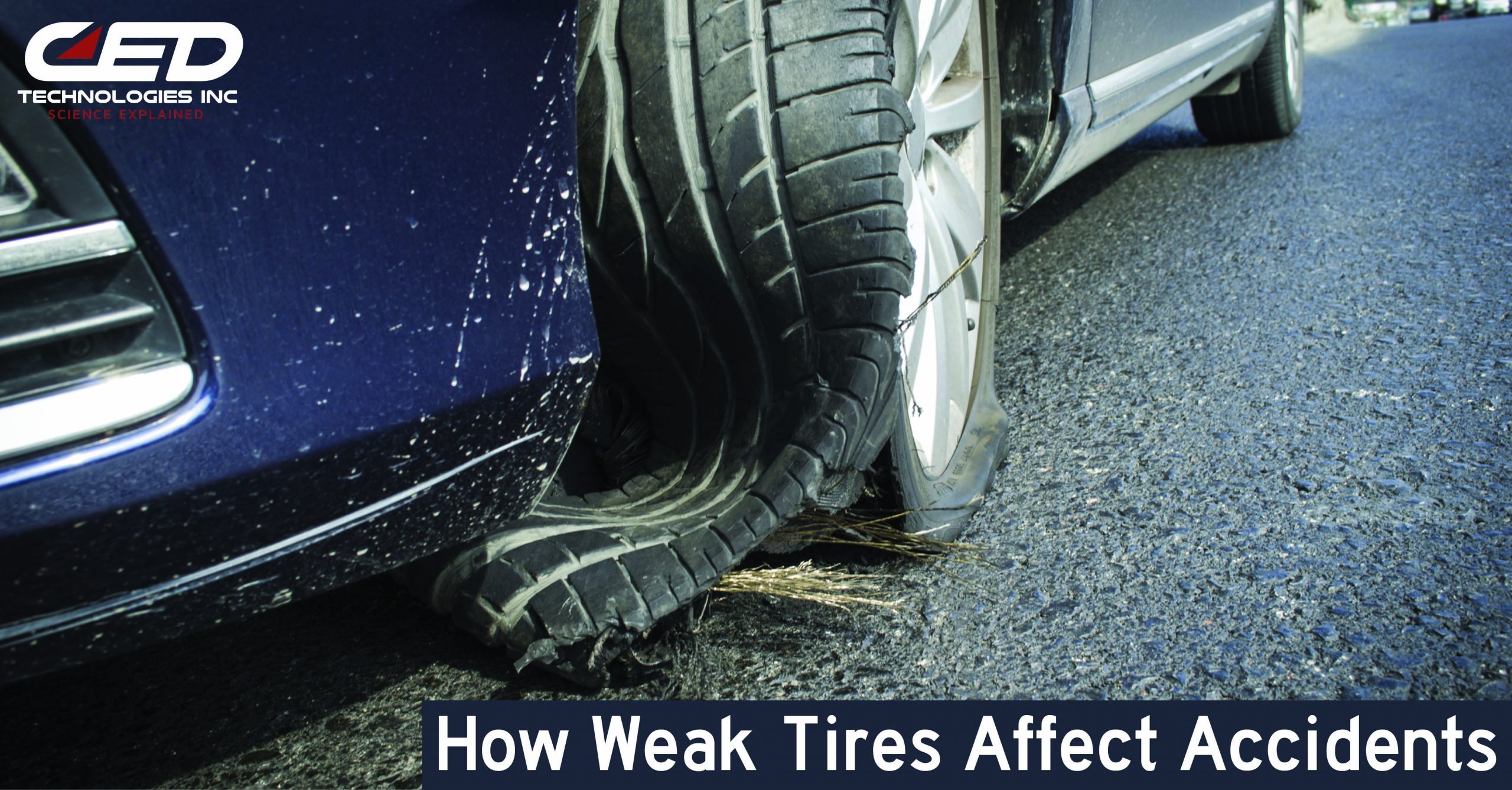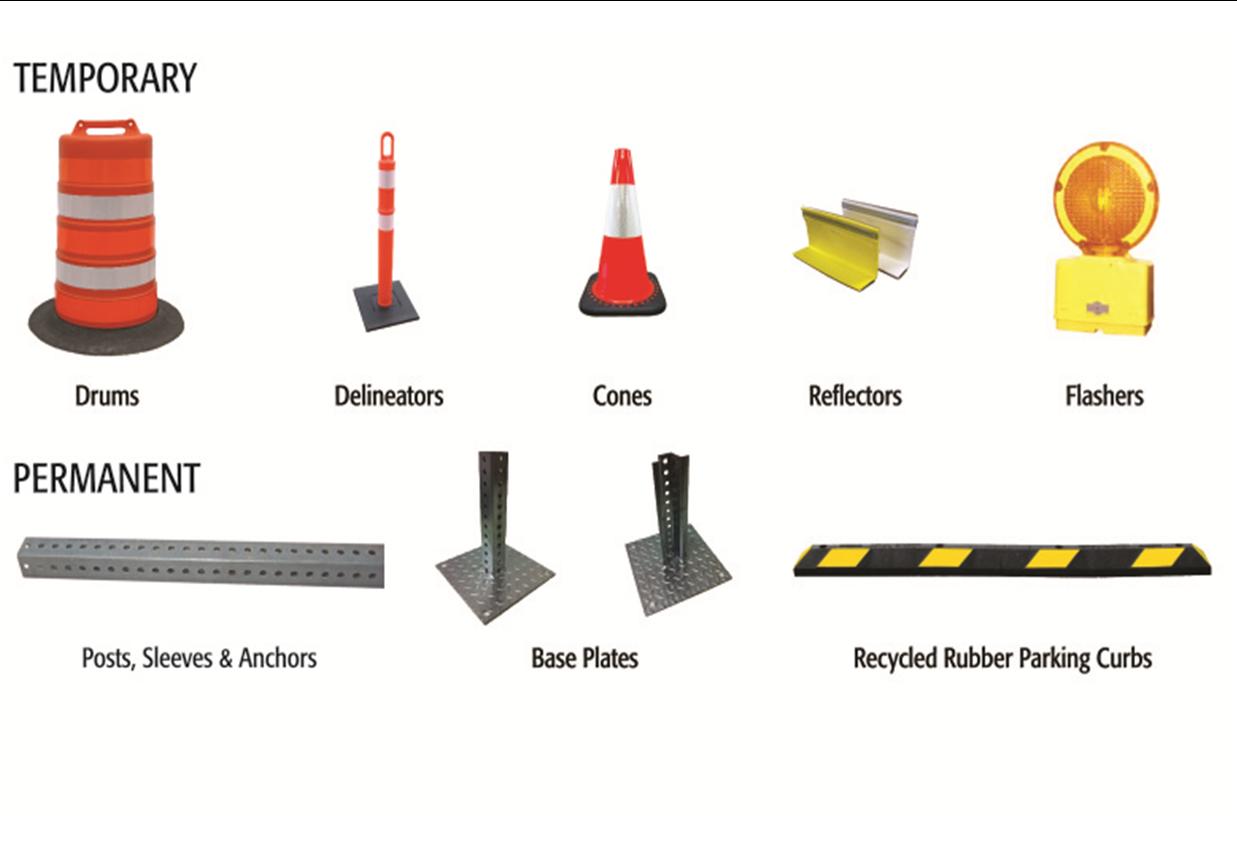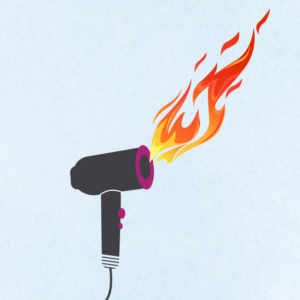According to the National Highway Traffic Safety Administration (NHTSA), there are approximately 11,000 tire-related motor vehicle crashes each year and nearly 200 people will die in those crashes. In an average year, U.S. drivers’ car tires rack up 3 billion miles of travel. Some of those miles may be travelled on weak tires, putting you and others on the road at risk.
Weak tires can compromise your safety in a variety of ways, including:
- Grip: Tires with worn-down tread have a weaker grip on snowy and icy roads, increasing your risk of losing control. Tires should be replaced when the tread is worn down to 2/32nd of an inch.
- Fire: When a tire is underinflated, certain parts of the tire and wheel that shouldn’t come in contact end up touching and rubbing against each other. As a result, excess heat builds up, creating a potential fire hazard.
- Blowouts: Under- and overinflated tires can lead to sudden and unexpected blowouts, causing the driver to lose control of the vehicle and potentially crash.
- Difficulty Stopping: Bald tires with worn-down tread can compromise your car’s ability to brake effectively.
- Maintenance Issues: Uneven wheel alignment and balance due to weak tires can eventually cause additional and expensive maintenance to your vehicle.
- Hydroplaning: Tires with little or no tread are more susceptible to hydroplaning – a speed dependent condition where the tires rise up off the road surface and skim across the surface of a puddle. The result is loss of vehicle traction and control.
All passenger cars, light trucks, and vans model year 2008 or newer are equipped with a Tire-Pressure Monitoring System (TPMS). If the TPMS symbol lights up on your dashboard, it means at least one tire is already underinflated. You should take immediate action and check all four tires.
Beyond maintaining tire pressure, you should also rotate tires on a regular basis to extend the life of the tire and ensure even tread wear on all four tires. As a general rule of thumb, plan to rotate your tires every six months or 7,500 miles.
The engineers in the Transportation Group at CED are skilled at identifying the causes and contributing factors of a vehicle crash. Contact us today to discuss your next case or submit a case online!
Click Here To See Our Full List of Experts Click Here To Submit an Inquiry about a possible Claim or Case.






